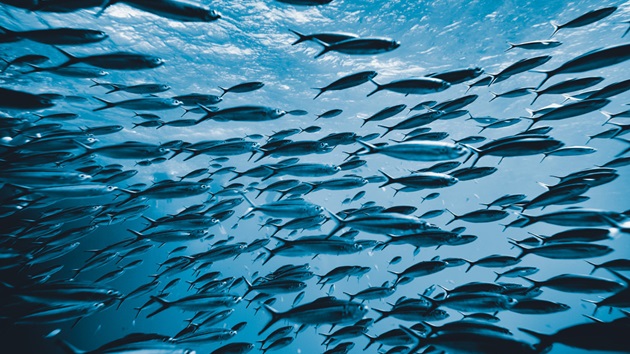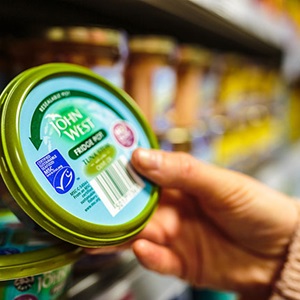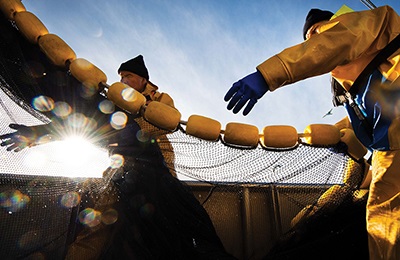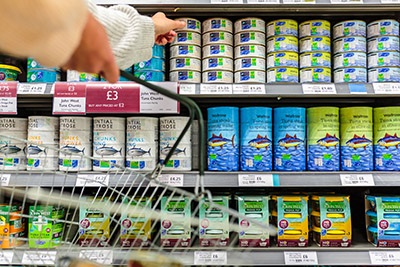The United Kingdom and Ireland are surrounded by water. According to the Ordnance Survey the UK coastline is 11,073 miles – a lot more if you include all the islands. As an island nation, the ocean plays a vital role in our lives, from providing work for the UK’s fishing fleets to influencing weather patterns.
Oceans are indeed essential to life on Earth. They cover more than 70 per cent of the planet's surface, regulate the climate, and supply the oxygen we need to survive.
Our oceans are home to an extraordinary variety of life. Much of this life is essential to sustain people’s livelihoods and ensure food security as millions rely on fish as their primary source of protein. Seafood is our last major food source that is truly wild.
The risks to ocean health
The stakes are high when we consider how intrinsically linked the health of our oceans is to our environmental, social and economic wellbeing.
According to the United Nations FAO's 2024 State of World Fisheries and Aquaculture (SOFIA) report, 37.7% of stocks monitored in 2021 were fished at biologically unsustainable levels.
The size of marine populations declined by almost half (49%) between 1970 and 2012 according to WWF’s Living Blue Planet Report 2015.
Key factors contributing the problem are overfishing, illegal and destructive fishing as well as climate change. It’s not just the loss of species and ecosystems, the problem has a serious impact on communities.
What is overfishing?
What is the MSC?
For over 25 years, we have been working with fisheries, seafood companies and scientists to help protect the oceans around us and safeguard seafood supplies.
Sustainably managing our natural resources will mean that our oceans remain productive, resilient and adaptable to environmental changes.
By choosing seafood products with the blue MSC ecolabel you are directly supporting fishing that takes care of our oceans and encouraging others to do the same.





